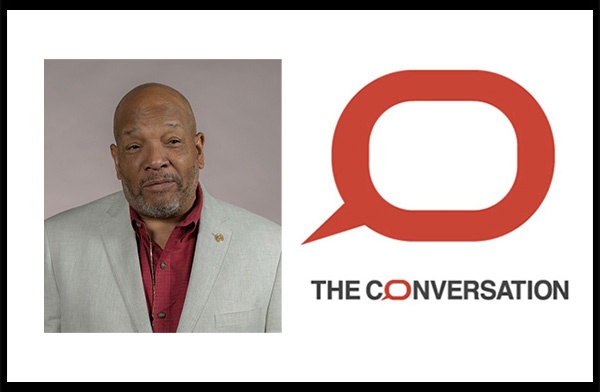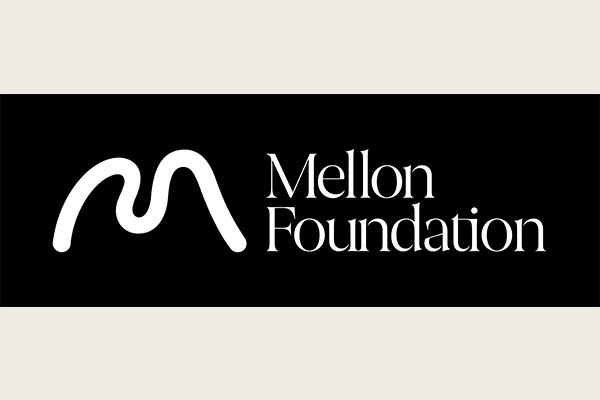

Department of Global and Intercultural Studies
The Department of Global and Intercultural Studies (GIC) prepares students to engage in an increasingly interconnected, integrated, and transformative world. Students will explore contemporary problems and issues from a number of different perspectives, disciplines, and frames of reference. GIC fosters critical self-awareness, understanding of how one's position in and relation to world cultures, including American, impacts one's individual, family, community, national, transnational, and global perspective. Students will develop skills to critically examine issues of power and inequality from the local to the global.
Our Programs
The Department of Global and Intercultural Studies (GIC) brings together 6 distinct but interrelated interdisciplinary programs and their associated fields and methods. Our curricula examines the multi-directional movements of people, capital, resources, culture, ideas, and information across regional, national, and continental boundaries in both historical and contemporary contexts. We believe we can better imagine and shape our futures through understanding.


Critical Race and Ethnic Studies

International Studies

Latin American, Latino/a and Caribbean Studies

Women's, Gender, and Sexuality Studies
Our GIC Co-Major Enhances Your Primary Degree
The GIC Co-major enhances a primary degree by exploring questions related to global systems of power in our increasingly interconnected world. The co-major, which incorporates both humanities and social science, studies questions related to belonging and culture as well as economic and political trends. Its themes transcend national boundaries. They shape and are shaped by an increasingly global and intercultural world. Students learn to solve contemporary problems using interdisciplinary perspectives and diverse frames of reference.
Learn MoreOur Minors
We offer a group of interdisciplinary minors that provide valuable context for majors from across the university that help students navigate an increasingly interconnected world.
WGS Graduate Certificate
The graduate certificate in Women's, Gender, & Sexuality Studies is a 12-14 hour program available to graduate students in any field of study across the university.
Its purpose is to enhance a disciplinary graduate degree with a specialization in Women's, Gender, & Sexuality Studies. Using an interdisciplinary approach, students in this program explore the influence of gender and other social differences on the production and dissemination of knowledge.

Upcoming Events
Our Mission
Together our programs foster critical self-awareness and engaged global citizenship that supports local diversity and respects individual dignity. Faculty and staff are committed to helping students develop the broad-based intellectual perspectives and the analytical skills necessary to understand, contextualize, and critically engage the opportunities and challenges of our diverse, changing, interdependent world.
Our courses examine global issues and intercultural experiences from a range of perspectives. We seek to promote broad-based, multidimensional, global and intercultural awareness focused on global frameworks and forces in the context of related socio-cultural issues.
We are committed to high-quality teaching, scholarship, and service to enhance students in their personal, civic, and professional roles and to connect faculty and students with constituents both across and outside the university. The department's governance is designed to help fulfill this mission by recognizing the importance of program autonomy and cross-program coordination and collaboration.
Give to the Department of Global and Intercultural Studies
Help us prepare the next generation of leaders and global citizens. We have numerous scholarships, grants, and programs accepting contributions from donors like you.

